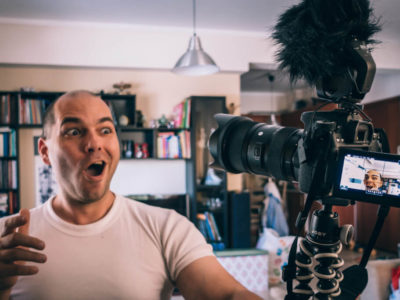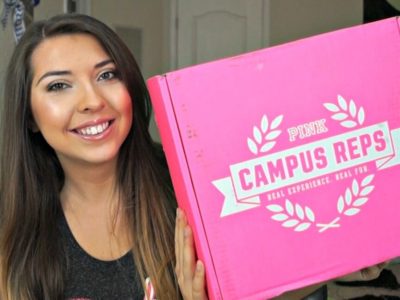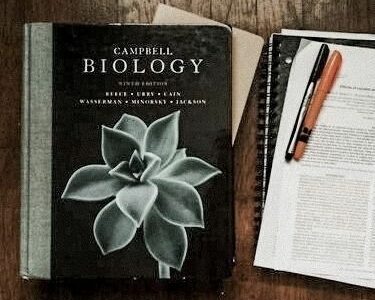Job interviews feel tough. Maybe it didn’t go how you wanted, or it did but you still feel unsure about getting the job. Want to give yourself an extra edge? Try writing a thank you note to your interviewer. It’ll make you look grateful, appreciative, and professional, and who doesn’t want that? With this extra step, you may even ensure you get the job. Either way, it’s better than waiting around patiently for a phone call.
Here’s how to write the perfect post-interview thank you letter.
1. Find a Card
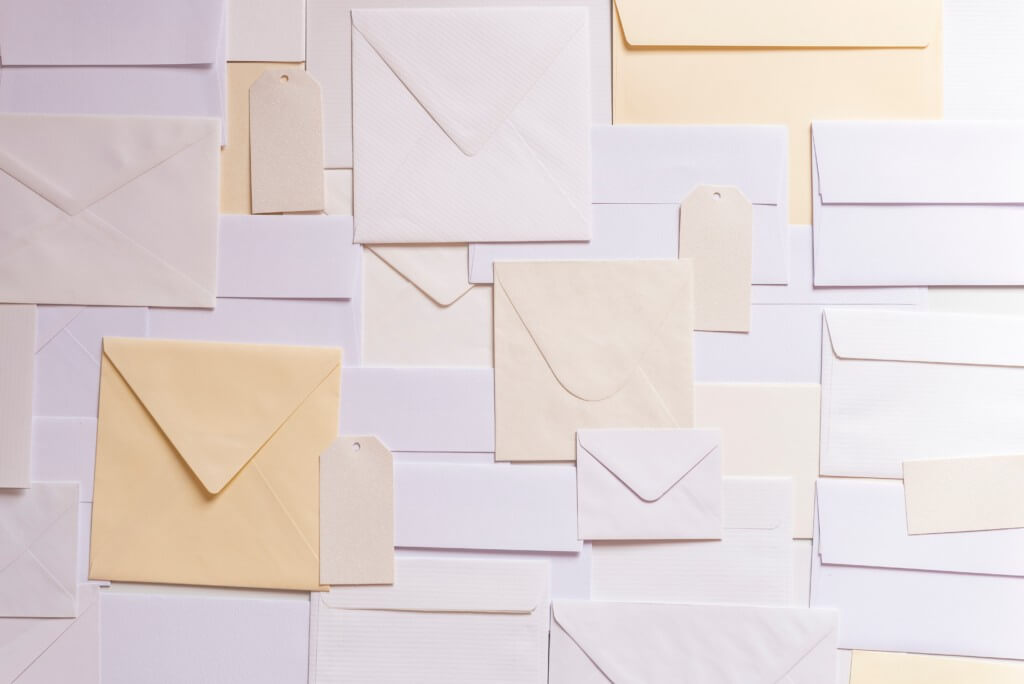
First impressions mean everything. Keep in mind a potential future employer will read this letter, so make sure you get a nice card. It should look professional and put together (AKA: not just a white sheet of paper folded up hotdog or hamburger style). The type of card you get might read as a metaphor for your level of professionalism.
2. Organize Your Letter
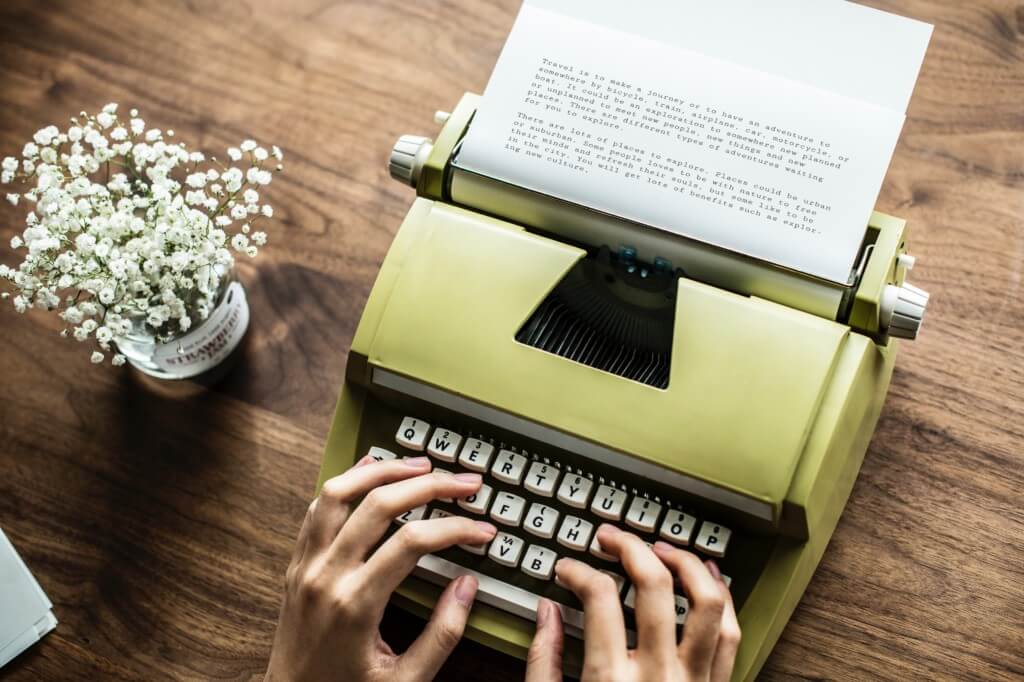
Don’t start to write without a plan in mind. “Make sure to keep the letter short and to the point but at the same time genuine,” said University of Iowa sophomore Rachel Mittelstaedt. Write a first draft on a separate sheet of paper. This will stop you from running out of space on your card or making mistakes. A bunch of scribbles will tell your potential employer that you don’t have much organized. Maybe that’s true, but they don’t have to know that.
3. Address the Recipient

You might want to impress this particular employer, but an overly elaborate greeting will make it seem like you’re trying a little too hard. A simple “Dear [Interviewer or Company Name]” seems like the best option here. It’s old-fashioned in the best way and gets the job done. Your potential employer will appreciate your ability to get straight to the point.
4. Initial Thank You
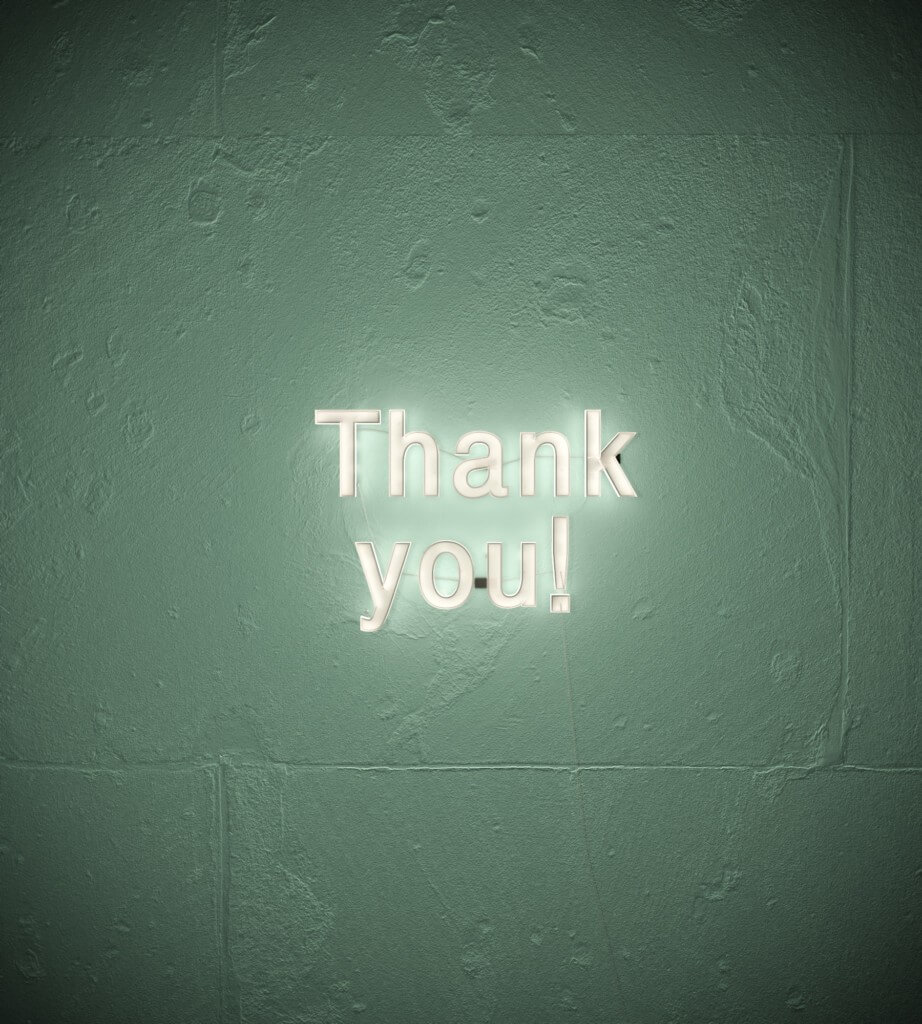
Always remember that everyone you come into contact with on your job search has a busy schedule. Thank the interviewer and company for taking the time to see you.“Your interviewer was not obligated to give you that time, so you should be thankful that they saw something in you and chose to,” said University of Iowa sophomore Allie Rowell. A simple thank you goes a long way.
5. Compliment the Company

Even professional business people love hearing nice things about themselves. Mentioning something you admire about the company shows you did your research. Letting the interviewer know you value their ideals or goals for the company suggests preparedness and a high level of interest. Examples for this are “I love the company’s goals for the community,” “The company’s donation and contribution involvement is admirable,” “The company’s international involvement blew me away” or anything else nice and respectful you can think of.
6. Add Something You Could Contribute

If you can brag about yourself to Brad from Kappa Sig, you can brag about yourself to the employer. This works to highlight your skills.“Never write like you’ve already gotten the job. Tell them about your qualities and excitement and of what advantage you could be and how you can contribute,” said Iowa State University sophomore Katie Moore. The company gets a better idea of what you could do for them, the potential you have and of what advantage you could be to them.
7. Reference Back to the Interview

You want to remind them of how much you dazzled them with your personality. “Reminding the interviewer of something you spoke of is always a good call,” said University of Iowa student ticket intern Joe Beitzel. It works to reference your time together and your conversation. Like any good relationship, you want to make sure you linger in their mind.
8. Thanks Again
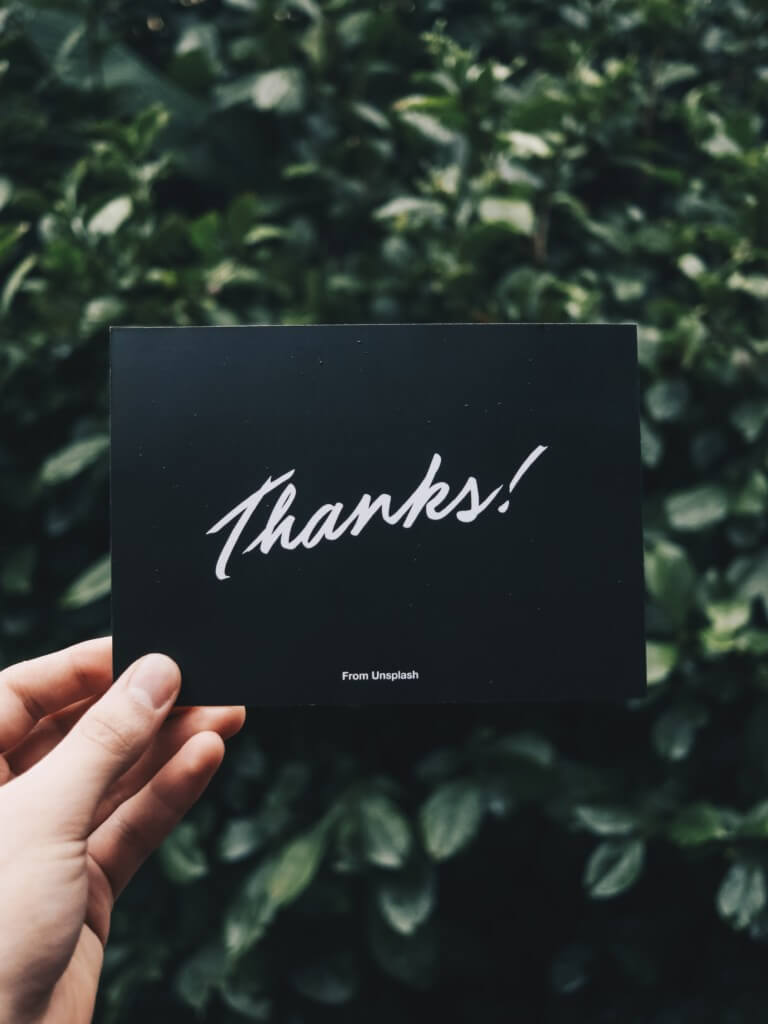
Thanking them more than once throughout the letter can’t hurt. After all, they didn’t have to interview you at all. Write something along the lines of: “Again, thank you for your time. I’m looking forward to hearing from you soon.” You can never seem too eager to want to work with them.
9. Sign Off

You don’t have to write a lengthy soliloquy to sum up your letter, but at least make sure they know you have some manners. Good options here include “Sincerely,” “Have a Great Day,” or “With Regards.” Then, write a legible signature and not a bunch of scribbles. Save the scrawling signature for when you reach your height of fame.
10. Sending the Card
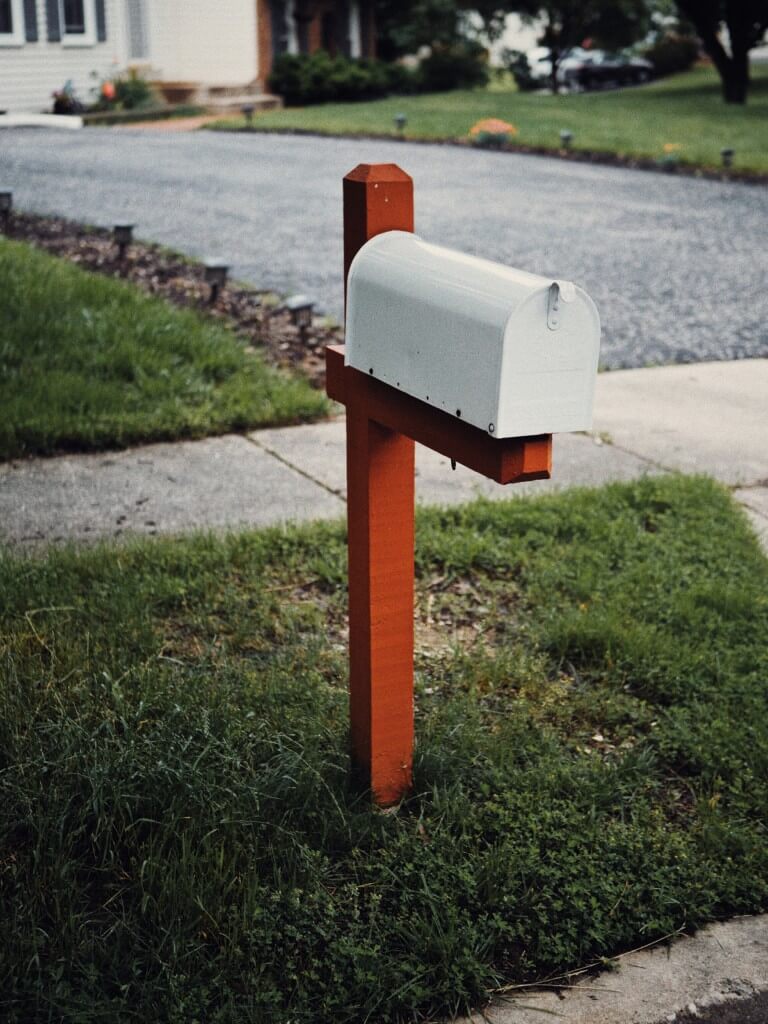
Be sure to send your letter within a week of your interview. If you send it later than this, it makes you, your performance and punctuality look bad and as if the company and the position were not on your radar at all. “A mistake you can make is waiting too long to send one. A thank you letter should be sent latest a week after the interview,” Mittelstaedt said. Sending it in ASAP suggests true effort and interest in the position.
Quick tips to writing the perfect thank you note
Written by Rima Kikani, junior, English, University of Maryland-Baltimore County
You just survived an interview with the Department of Homeland Security or the department chair from that high school you’ve always wanted to teach at. But a lot of students tend to skip the next step: the thank you note. UMBC sophomore Anita Dey agreed. “I think most people these days are not as formal anymore.” Use this to your advantage—a chance to stand out. Compose a letter they won’t roll their eyes at or worse, instantly throw in the trash.
Not sure where to start with your thank you note? Follow TABSE.
Thank you: Thank the interviewer for meeting with you and relay your enthusiasm about the possibility of working for the organization you applied to. If this is a competitive position with numerous applicants, mention the date of your interview and the position for which you applied.
Admire: Maybe you met some very intelligent people. Maybe you were impressed by the workplace structure. Or maybe you fell in love with the workload a certain position demanded. Praise the company and make it believable.
Brag: Review your qualifications and what makes you the perfect candidate for the position. Briefly discuss why you would be successful. Professional writer Alice Feathers said, “You might want to mention an interesting topic or rewarding moment from your interview.”
Second chance: If you forgot to mention something during the interview or just thought of something else, here’s your chance. “This is…an opportunity to answer or further address any question you felt you didn’t cover well in the interview; the brilliance that occurred to you in the elevator ride down to your car after you left the office,” said author Christine Hassler. Don’t miss it again.
Echo: Thank your interviewer one more time for considering you for the position. Reiterate yourself as a valuable candidate and finally, let him or her know that you look forward to hearing back soon.
Keep your note short and sweet…and sincere. No one wants to read three pages frosted with lies. And they will be able to tell. Remember to send your thank-you note within 24 hours of your interview. Good luck!
*Updated September 13, 2018 by Rima Kikani to include “The Perfect Thank You Note.”








